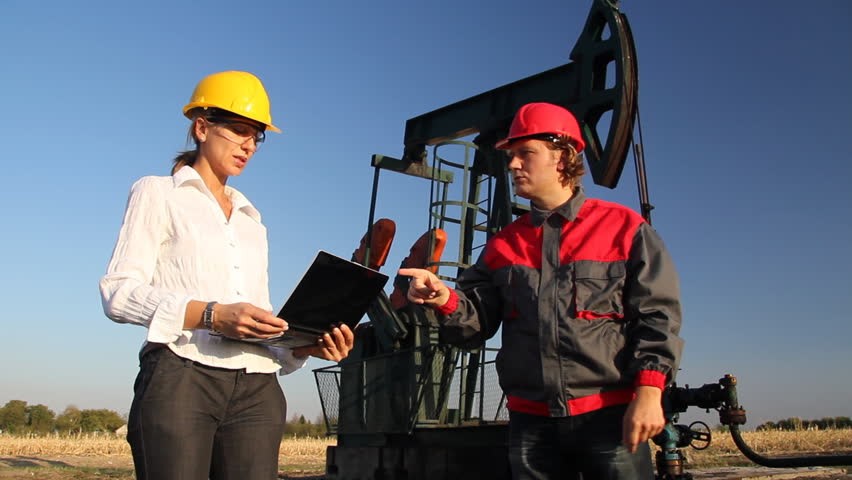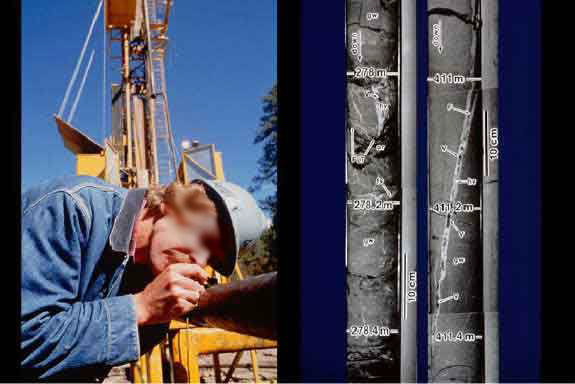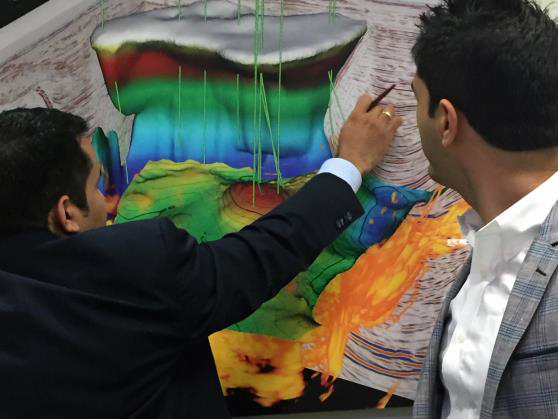COURSE OVERVIEW
DE0535 : Advanced Nodal Analysis for Production Engineers

OVERVIEW
| COURSE TITLE | : | DE0535 : Advanced Nodal Analysis for Production Engineers |
| COURSE DATE | : | May 04 - May 08 2025 |
| DURATION | : | 5 Days |
| INSTRUCTOR | : | Mr. Konstantin Zorbalas |
| VENUE | : | Dubai, UAE |
| COURSE FEE | : | $ 8000 |
| Register For Course Outline | ||
Course Description
This practical and highly-interactive course includes various practical sessions and exercises. Theory learnt will be applied using our state-of-the-art simulators.
This course is designed to provide participants with a detailed and Advanced overview of Nodal Analysis. It covers the prediction of rate at which a well should be capable of producing, given reservoir and fluid properties, wellbore configuration, and flowing wellhead pressure; identifying which components of the reservoir/completion/wellbore system are restricting performance; analyzing production data to find permeability, skin factor, and drainage area; and forecasting future performance from historical production trends and from known reservoir properties.
Further, the course will also discuss the components of a nodal analysis system and its applications in oil and gas production; the inflow performance relationships (IPR) for oil wells, gas wells, horizontal and multilateral wells, fractured wells, gas lift and artificial lift systems; the partial penetration effects and deviated wellbore effects; the fracture conductivity and dimensionless productivity index; the IPR for finite and infinite conductivity fractures and impact of fracture damage on well performance; the gravel pack and sand control completion effects, perforation density and phasing; the skin factor due to perforation damage; and optimizing perforation for maximum productivity.
Moreover, the course covers the impact of tubing size on well performance, pressure losses in completion strings and optimizing completion design for nodal analysis; the production data analysis, rate transient analysis (RTA) and pressure transient analysis (PTA); the production forecasting techniques, material balance analysis and data integration with nodal analysis; and the fundamentals of decline curve analysis (DCA) for unconventional reservoirs.
During this interactive course, participants will learn the extrapolating decline curves for future performance, estimating ultimate recovery (EUR) and sensitivity analysis for future performance; the advanced DCA techniques, integration of DCA with nodal analysis and economic analysis and decision making; the nodal analysis for multiphase flow, gas condensate wells, water injection wells and complex well architectures; and the real-time data acquisition and analysis and continuous well performance optimization.
TRAINING METHODOLOGY
This interactive training course includes the following training methodologies:
LecturesPractical Workshops & Work Presentations
Hands-on Practical Exercises & Case Studies
Simulators (Hardware & Software) & Videos
In an unlikely event, the course instructor may modify the above training methodology for technical reasons.
VIRTUAL TRAINING (IF APPLICABLE)
If this course is delivered online as a Virtual Training, the following limitations will be applicable:
| Certificates | : | Only soft copy certificates will be issued |
| Training Materials | : | Only soft copy materials will be issued |
| Training Methodology | : | 80% theory, 20% practical |
| Training Program | : | 4 hours per day, from 09:30 to 13:30 |
RELATED COURSES

DE0805 : Coring and Core Analysis and Special Core Analysis
- Date: Apr 28 - May 02 / 3 Days
- Location: Abu Dhabi, UAE
- Course Details Register

DE0535 : Advanced Nodal Analysis for Production Engineers
- Date: May 04 - May 08 / 3 Days
- Location: Dubai, UAE
- Course Details Register

DE0488 : Fundamental Pressure-Volume-Temperature (PVT)
- Date: Apr 28 - May 02 / 3 Days
- Location: Abu Dhabi, UAE
- Course Details Register

DE0160 : ESP Application Engineering
- Date: May 04 - May 08 / 3 Days
- Location: Muscat, Oman
- Course Details Register
